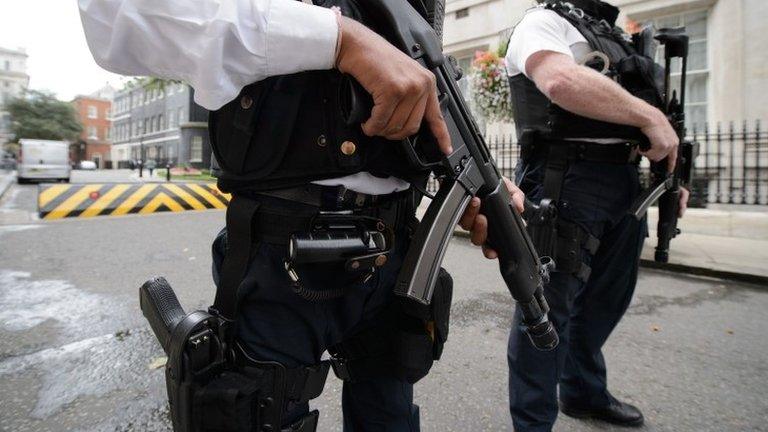Prevent criticism 'stems from ignorance'
- Published
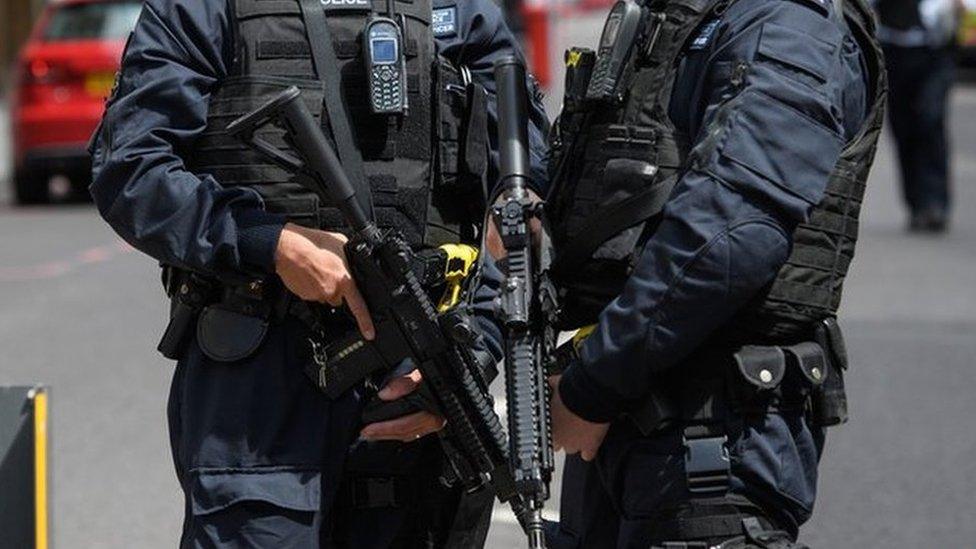
One of Scotland Yard's most senior police officers says criticism of the government's Prevent programme is based on "ignorance".
It was set up to stop people being drawn into terrorist activities, but has been labelled "toxic" by critics.
"They don't understand properly how Prevent works," Cdr Dean Haydon told the BBC's Asian Network.
He added that some criticism came from parts of the community that "don't want Prevent to work in the first place".
The programme was set up by Labour in 2003 and its remit was widened by the Conservative-Lib Dem coalition in 2011.
Designed to support people at risk of joining extremist groups and carrying out terrorist activities, it is focused on schools, faith organisations, prisons and other communities where people can be at risk of radicalisation.
But the Muslim Council of Britain has said young Muslims were being targeted, and a former senior Muslim policeman, Dal Babu, said Prevent had become a "toxic brand" because it was not trusted by communities.

'The threat's changed'
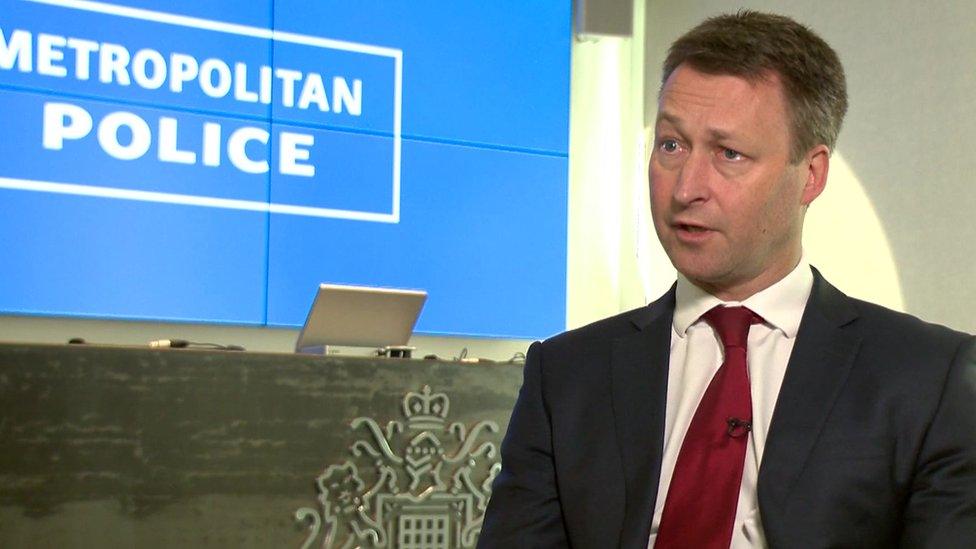
By Nomia Iqbal and Nalini Sivathasan, BBC Asian Network
The head of the Met Police's Counter Terrorism Command rarely gives interviews but ahead of a special programme from New Scotland Yard on Tuesday, Dean Haydon spoke to the BBC Asian Network about the challenges the force faces.
"If you were talking to me 12 months ago, I'd be talking about a different terrorist threat - the threat's shifted, it's changed," he says.
For Cdr Haydon, the difficulty facing police now is individuals who have been acting alone and using everyday items such as knives and cars.
"Twelve months ago the plots we were preventing were those aimed at the police, the military and government officials.
"But the recent attacks were on the public, the community. They're indiscriminate."

Cdr Haydon, however, told the Asian Network that the counter-terrorism programme was not about spying on people but about keeping them safe, claiming it had achieved "fantastic" results.
"Some of the criticisms come from sections of the community that, for a variety of different reasons, political or otherwise, just don't want Prevent to work in the first place," he said.
"Prevent is not just about the Muslim community. It goes across all communities."
He said a third of the cases related to domestic extremism and involved tackling the threat from right-wing extremists.
"I have seen the positive work of Prevent," he said, adding it had stopped people from being radicalised or going abroad.
"It's a fantastic tool and it's here to stay."
The government programme came under further scrutiny in the wake of the recent terror attacks in Manchester, Westminster and London Bridge - and was a talking point during the recent general election.
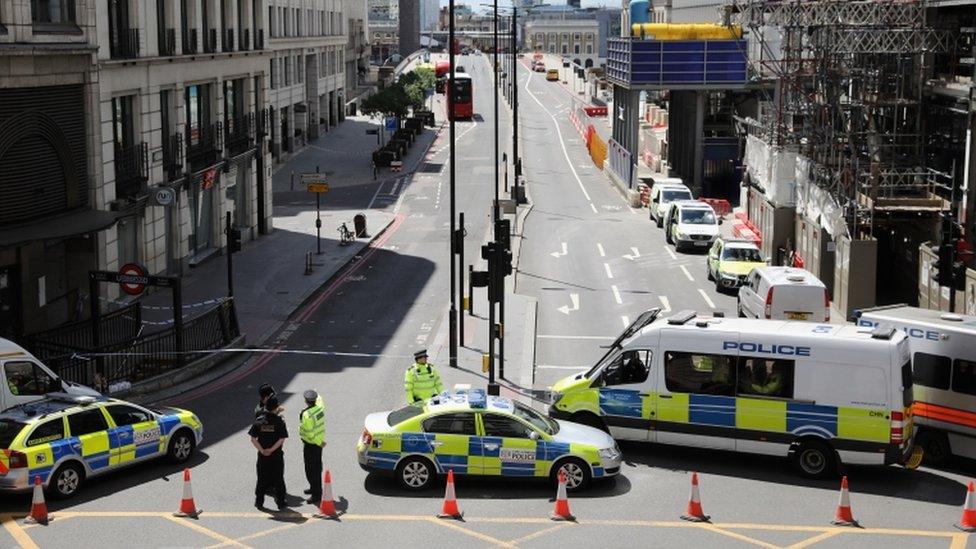
Police cordon off an area near London Bridge station after the attack in June
In May, the Green Party's Caroline Lucas told Andrew Marr: "Many in the Muslim community believe it's been an attack on their group in particular."
The strategy is backed by senior police figures, with some calling it "fundamental" in the fight against terrorism.
But in March this year, Home Secretary Amber Rudd admitted there needed to be more of an effort "to sell it to communities... to show that this is a safeguarding initiative."
Government figures say 150 people were stopped from entering conflict zones in Iraq and Syria in 2015 because of the programme.
In the interview with Asian Network, Cdr Haydon spoke of his concerns about people returning to the UK from Syria and Iraq.
He said the "default" position was "arrest and prosecution".
Listen to the full interview on Tuesday 8 August at 10:00 BST on the BBC's Asian Network.
- Published7 August 2017
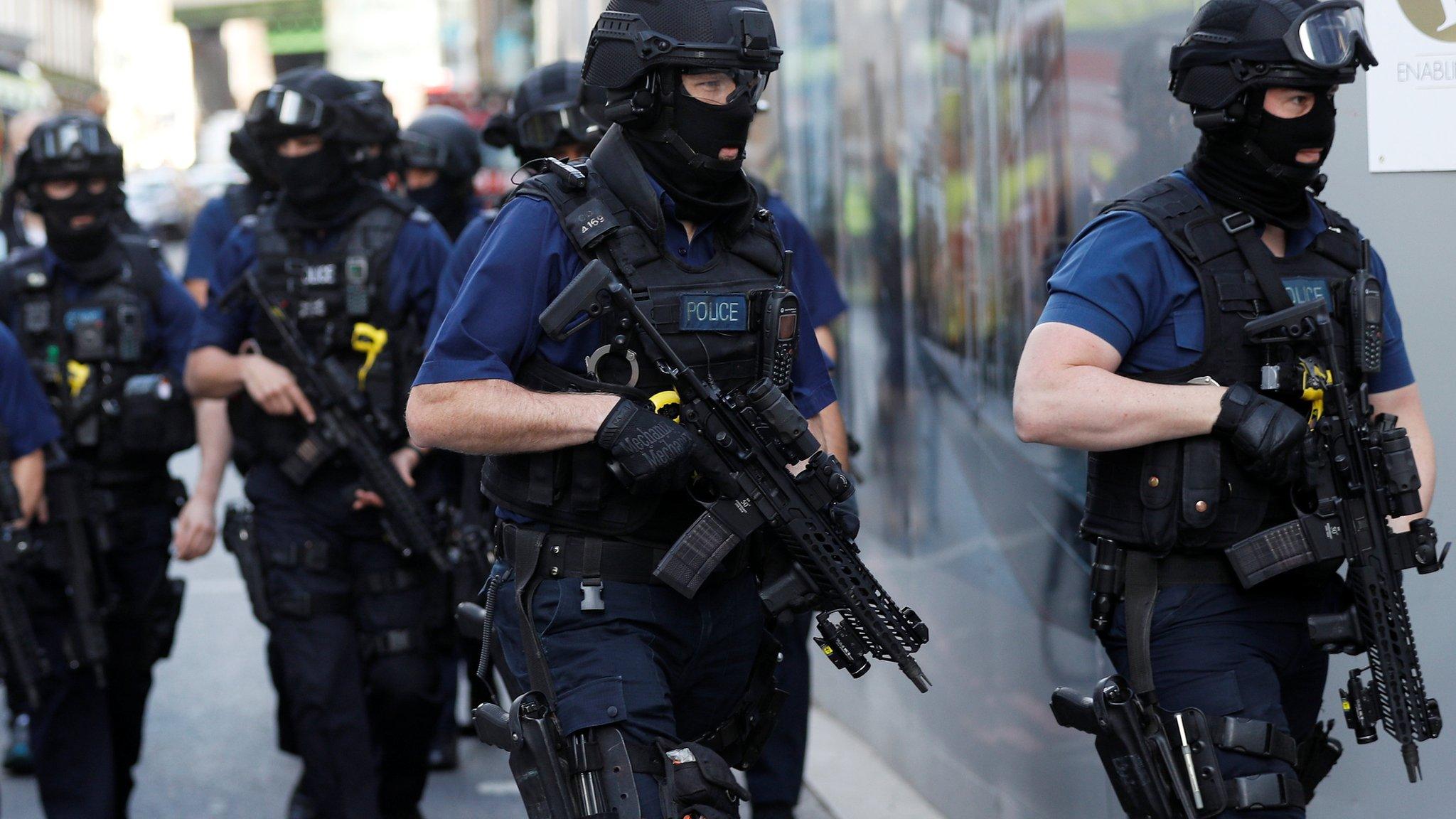
- Published3 July 2017
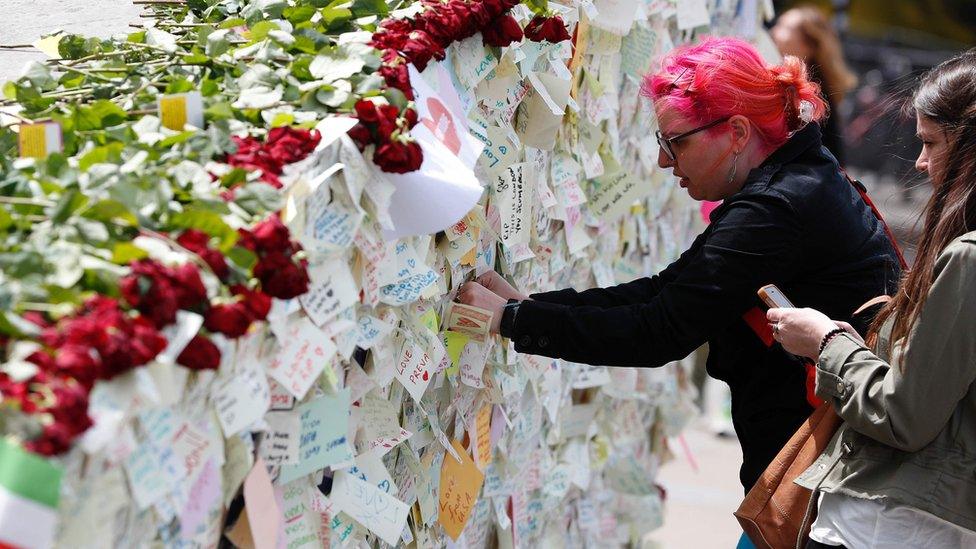
- Published28 May 2017
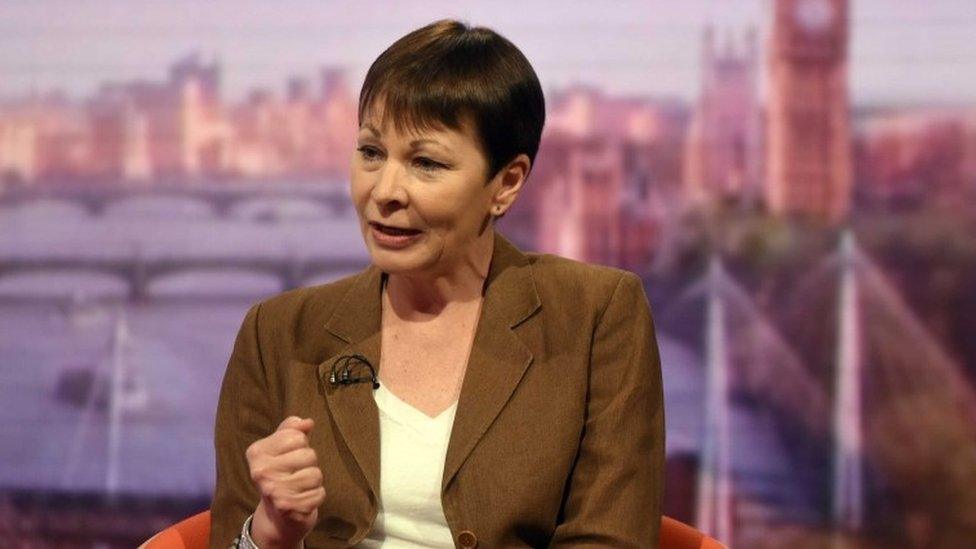
- Published6 March 2015
